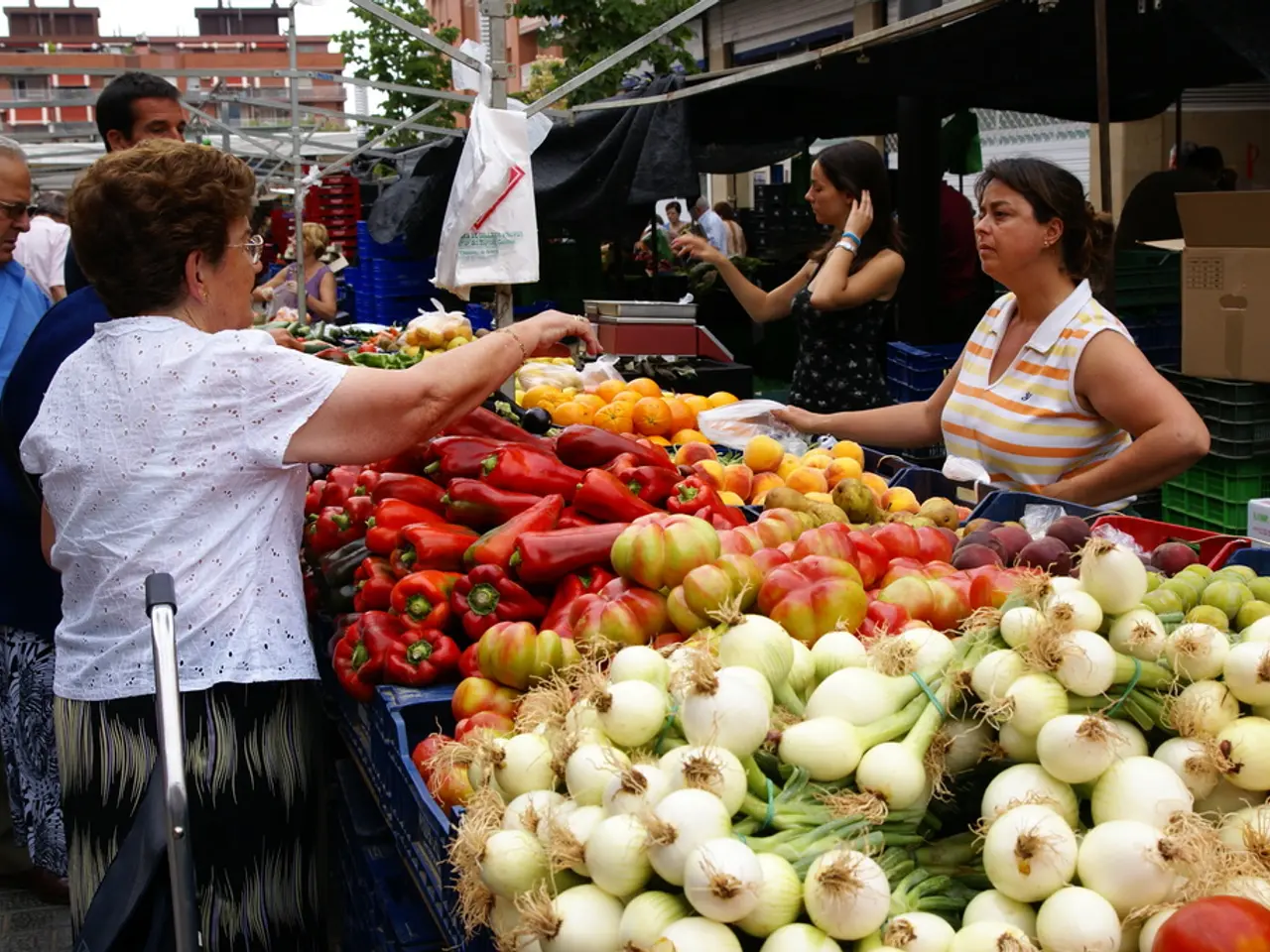Tourism Industry to Implement Tangible Measures Against Plastic Waste
In a bid to combat the growing issue of plastic pollution in the tourism industry, a new initiative has been launched. The Global Tourism Plastics Initiative, a collaboration between the United Nations Environment Programme (UNEP), the World Tourism Organization (UNWTO), and the Ellen MacArthur Foundation, aims to unite the sector behind a common vision to address the root causes of plastic pollution.
The initiative, which was officially launched on July 22nd, has already garnered the support of several major players in the industry. Accor, Club Med, and Iberostar Group have committed to the Global Tourism Plastics Initiative, becoming three of the first official signatories, along with more than 20 other signatories from various continents.
The World Wide Fund for Nature (WWF) is also a member of the Global Tourism Plastics Initiative Advisory Committee, lending its expertise to the cause.
The initiative's recommendations address hygiene and disposable plastic, aiming to support tourism sector stakeholders in their efforts towards a responsible recovery from the Covid-19 pandemic. The Recommendations for the Tourism Sector to Take Action on Plastic Pollution During Covid-19 Recovery have been published, providing a plan of action for both public and private sector stakeholders.
One of the key actions outlined in the recommendations is the reduction of Single-Use Plastics (SUPs). Initiatives like the Pacific Ocean Litter Project aim to phase out SUPs across the tourism industry. This involves developing frameworks to guide the reduction and eventual elimination of SUPs over time.
Other actions include implementing sustainable practices, supporting circular economy policies, enhancing community engagement, and adopting technology for sustainability. These actions align with broader efforts to make tourism more sustainable and resilient, especially in the context of post-pandemic recovery.
UNWTO Secretary-General Zurab Pololikashvili emphasized the need for a science-based approach to protect hygiene and health without causing pollution and harm to the natural environment. He stated that not managing the transition into the new reality, including the strong focus on health and hygiene measures, in a responsible manner may have a significant environmental impact.
Ligia Noronha, UNEP Economy Division Director, echoed these sentiments, stating that the initiative enables businesses and governments to take concerted action, leading by example in the shift towards a circularity in the use of plastics. The ultimate goal of the initiative is to reduce plastic pollution in the tourism sector.
Incorrect disposal of products such as gloves, masks, and sanitizer bottles can pollute natural environments around major tourist destinations. The Global Tourism Plastics Initiative aims to address this issue and promote a more sustainable and responsible approach to tourism. The full list of signatories and their commitments can be found on the Global Tourism Plastics Initiative's official website.
- The Global Tourism Plastics Initiative, a collaborative effort between UNEP, UNWTO, and the Ellen MacArthur Foundation, aims to reduce plastic pollution in the tourism sector.
- Accor, Club Med, Iberostar Group, and over 20 other signatories from various continents have pledged their support for the Global Tourism Plastics Initiative.
- The Recommendations for the Tourism Sector to Take Action on Plastic Pollution During Covid-19 Recovery, published by the initiative, provide a plan of action for both public and private sector stakeholders.
- One of the key actions outlined in the recommendations is the reduction of Single-Use Plastics (SUPs), with initiatives like the Pacific Ocean Litter Project aiming to phase out SUPs across the tourism industry.
- The initiative aligns with broader efforts to make tourism more sustainable and resilient, especially in the context of post-pandemic recovery, promoting a circular economy and encouraging sustainable practices.
- Ligia Noronha, UNEP Economy Division Director, emphasized that the initiative allows businesses and governments to take concerted action towards a circularity in the use of plastics, ultimately aiming to reduce plastic pollution in the tourism sector.
- Incorrect disposal of products such as gloves, masks, and sanitizer bottles can pollute natural environments around major tourist destinations, which the Global Tourism Plastics Initiative aims to address and promote a more sustainable and responsible approach to tourism.




